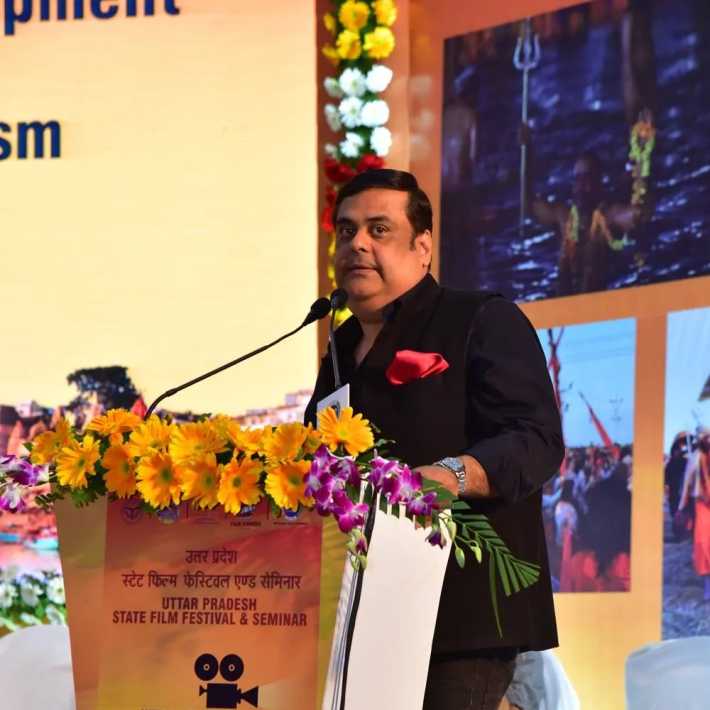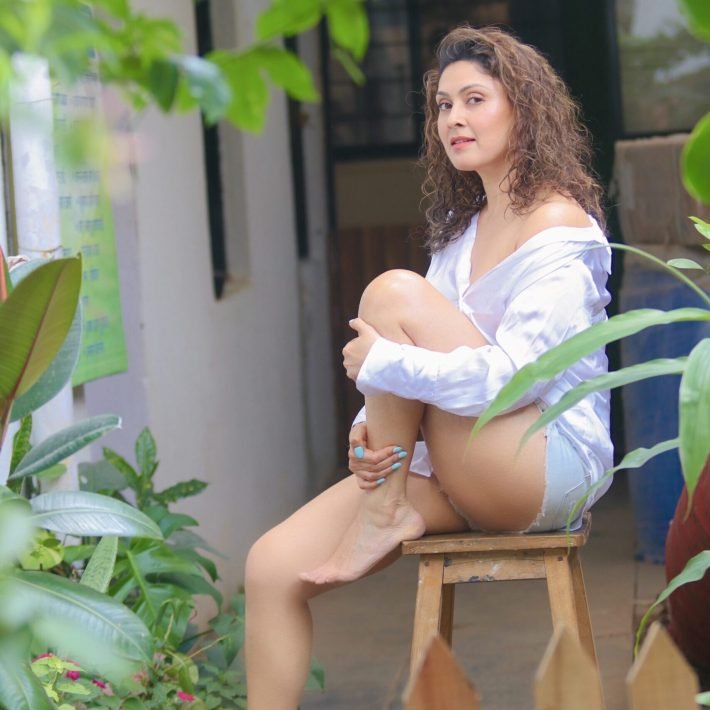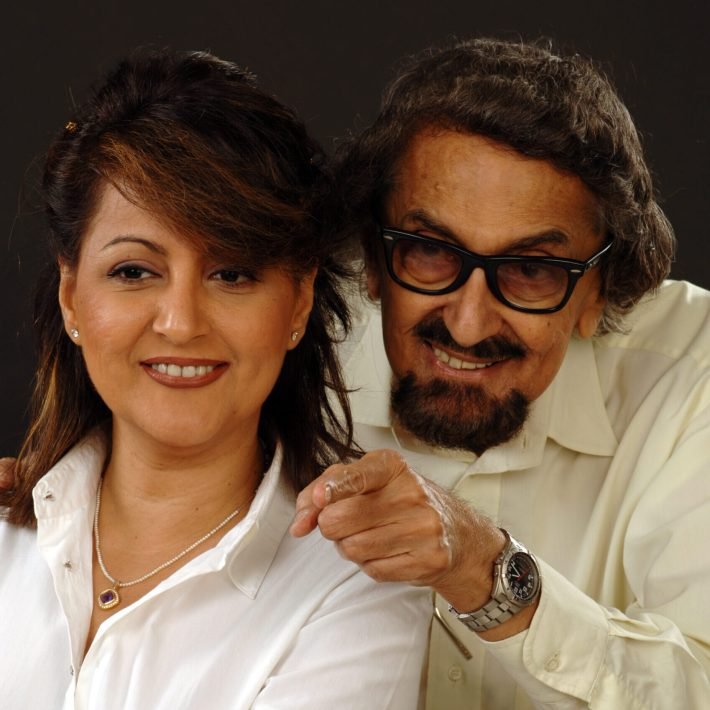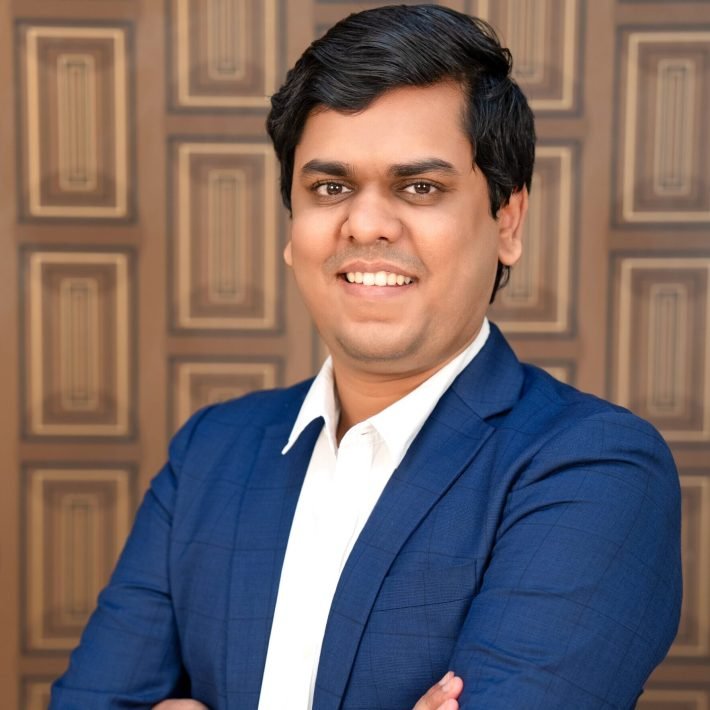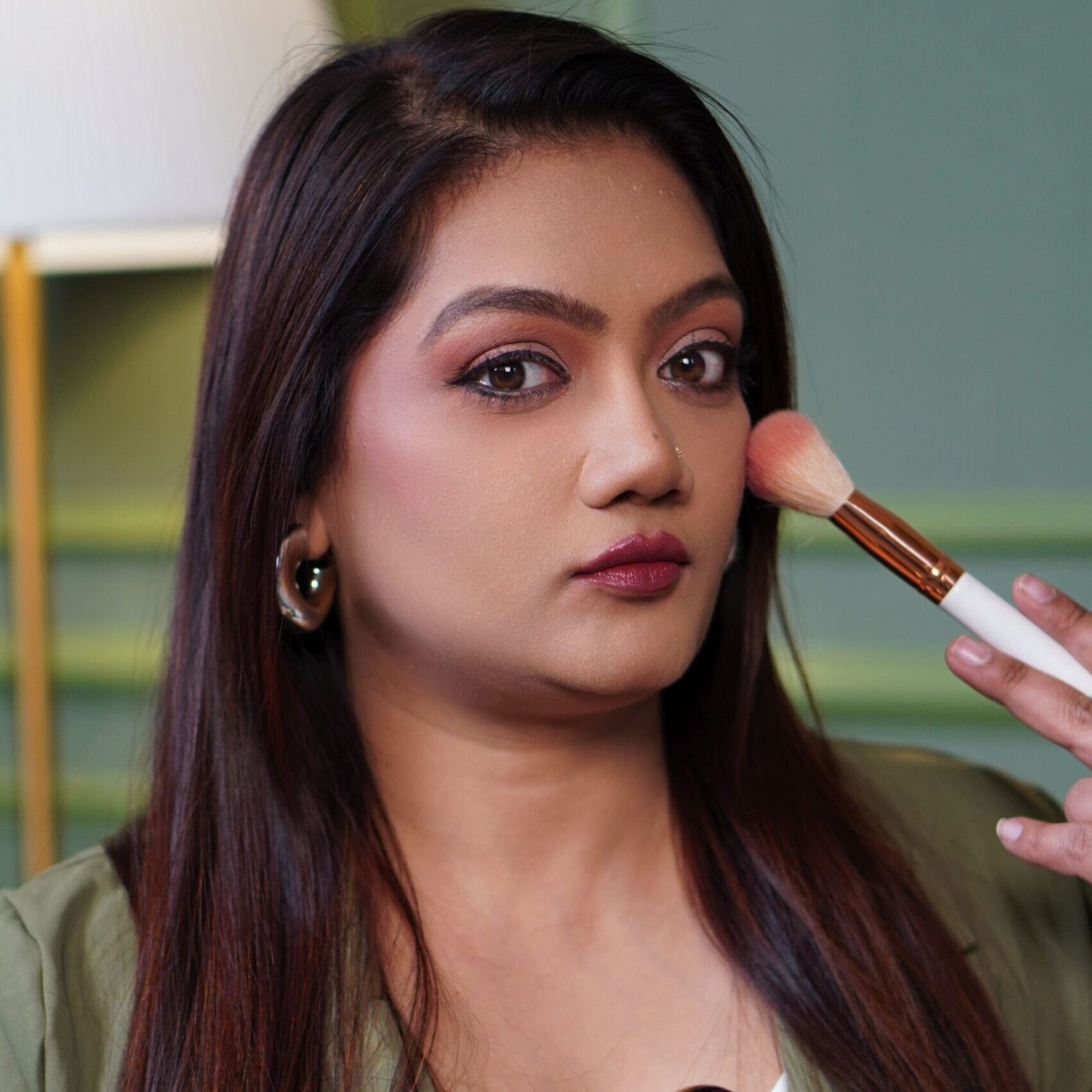Prahlad Kakar has just turned author with his autobiography ‘Ad Man Mad Man’. In his book and this interview, he delves into the nooks of his manylayered life, pulling out wise nuggets from a wild life lived king-sized.
By Tsunami Costabir
Prahlad Kakar’s recently launched book ‘Ad Man Mad Man’ is a riot. It will have you rolling on the floor laughing as he takes moments of embarrassment and failure and turns them into comedy.
Prahlad founded Genesis Film Productions in 1977, and over time came to be known as an ‘ad guru’ for his remarkable ability to create memorable campaigns. His work includes some of the iconic ads of the ‘80s and ‘90s, including commercials for Pepsi, Royal Enfield, Fujifilm, Cadbury, KitKat, Maggi, and the list goes on…
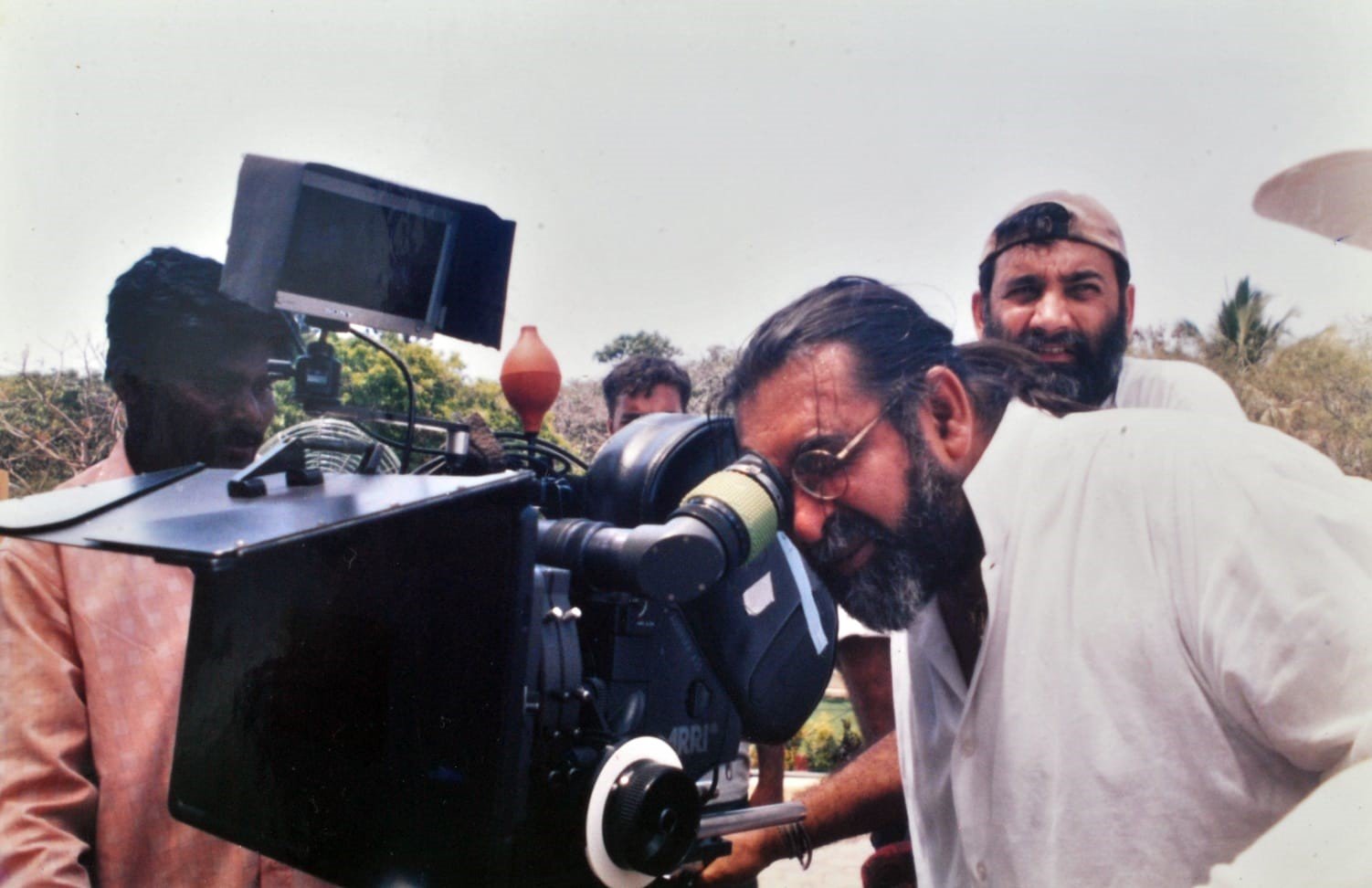
But apart from ad films, Prahlad is a passionate collector of hats. He has restaurants, schools for scuba diving and entrepreneurship, and an NGO called Reef Watch. Needless to say, he has a massive bandwidth for experience and knowledge.
In ‘Ad Man Mad Man’, like a spectator of his own life, he buzzes about through his past, taking valuable lessons and penning them down lightly. A God-sent tip to readers from the maestro: “Read a chapter, then close your eyes and imagine it.” The book, like a movie, is meant to appeal to all your sensibilities. With his descriptions, you can smell, taste, and feel the things he did.
When I walked into his home to meet him, I was welcomed by a backlit grey-haired man, sitting on a chair, and at that moment I knew I was in for a treat of wisdom. I sat down and introduced myself when he asked me how many chapters of his book I had read. I confessed that I didn’t know because I hadn’t read them chronologically… and he took off from there.
Prahlad: Good! Because the book hasn’t been written chronologically. I was inspired by ‘Dispatches’ by Michael Herr. An account of the author’s experiences from the Vietnam war penned in the way that he remembered them. He moves from battle to battle, and sometimes even goes backwards. My book too, is that way. I’m watching myself from outside myself, like a fly on the wall. And I’m now telling that story, laughing at the situations I got myself into.
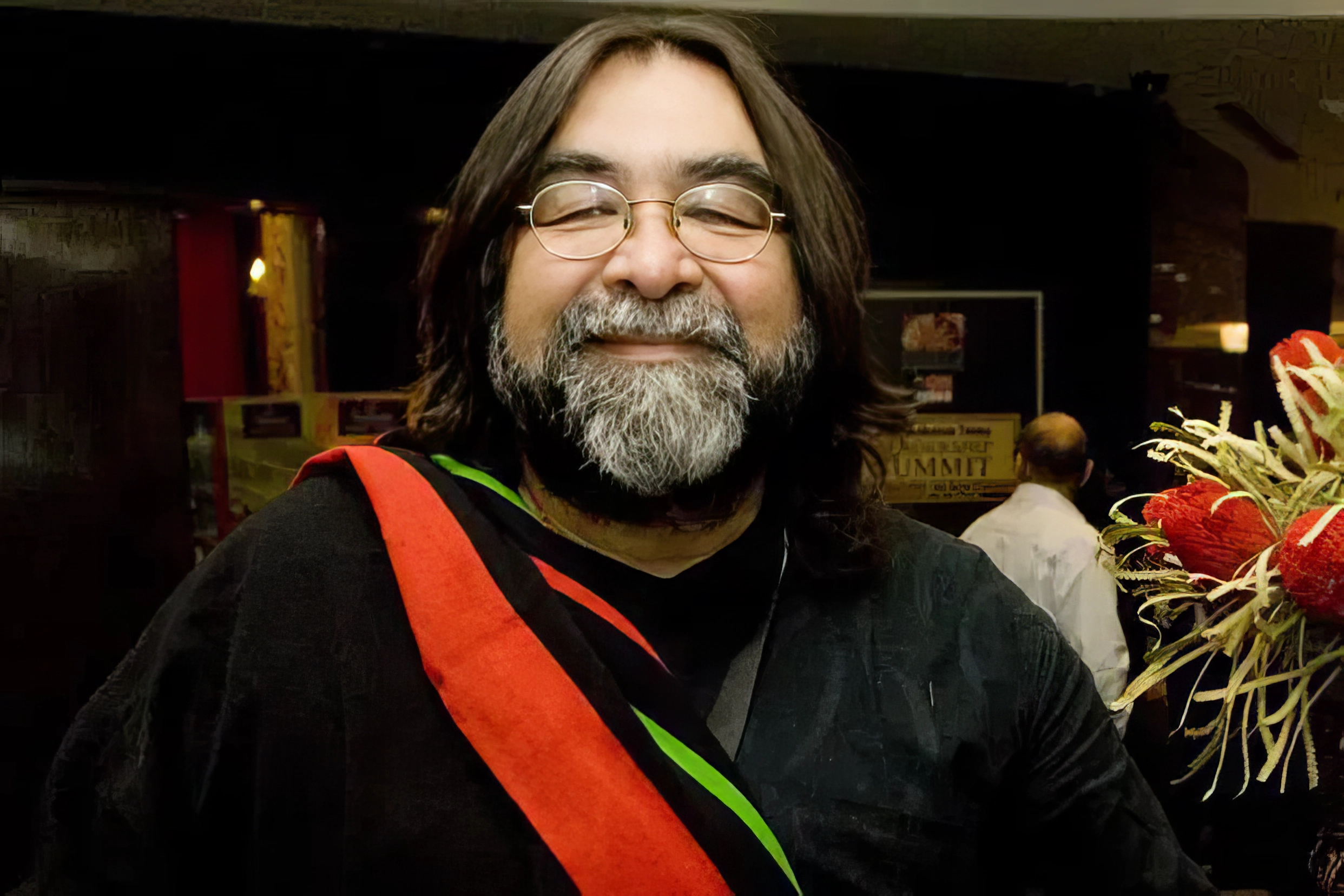
Have you always had the ability to romanticise everything?
Yes, everything. I was a sensitive kid who was easily hurt. So, from a young age, I learnt to use romanticism as a defence mechanism. I didn’t want to constantly carry scars.
Romanticising things is a way to accept life as it is, with frills. Like when a spec of sand pokes and hurts the body of an oyster, the oyster begins to secrete layers of a luminous substance to reduce the pain. That’s what you do with raw, painful memories. Some memories can take longer to process. But eventually, when you do, you’ll be able to turn them into a beautiful pearl and tell that story without having it paralyse you.

Of all your passions and interests, how do you choose what to give your time to?
I hate working. People work for money, but I thought, ‘why should I single-mindedly pursue money when there are so many other pleasures to pursue?’ Like young ladies, for example, but that too takes money, by the way!
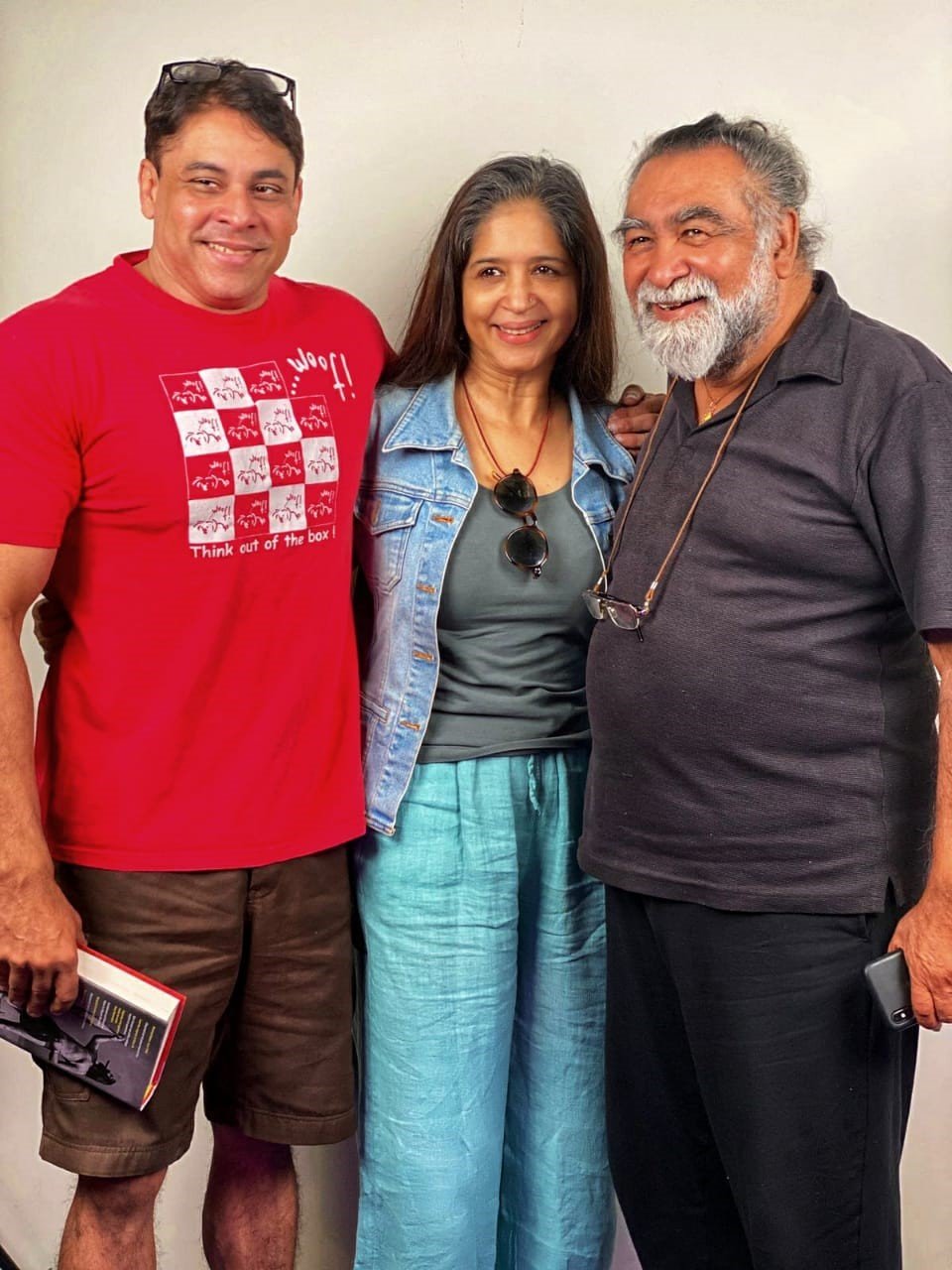
If I like something, I begin to love it and excel in it. And if I don’t, I’d never touch it. That’s how I’ve lived my life. I have always been very selective in what I wanted to do.
I take up a project of my interest, stick with it through its developing stages, typically the first three to four years, and then once the project is ready to stand on its own feet, I move on to the next.
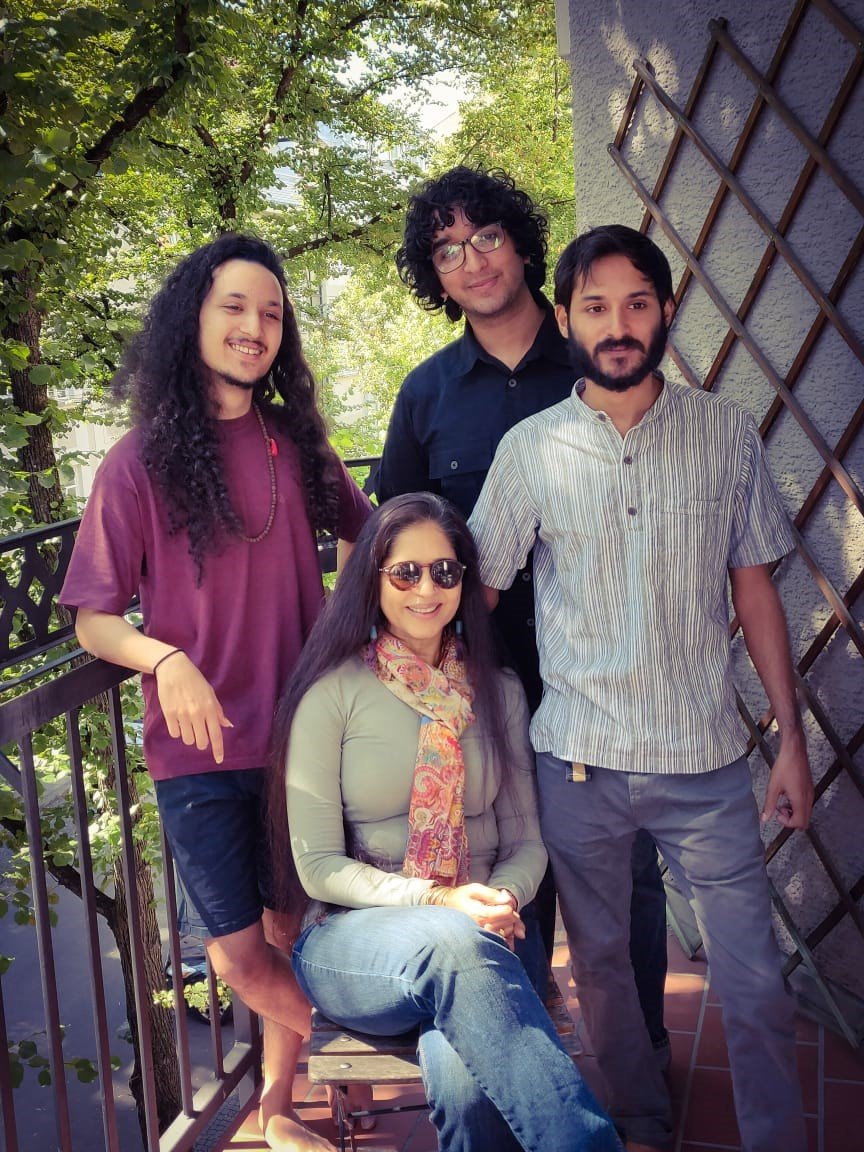
Your experiences in nature have been a big part of your life. What invaluable lessons have they taught you?
The whole business is stillness. Stillness means to become one with the environment. Your capacity to sit, absorb, and be still is what makes you part of it. Take the ocean. If you try to fight it, you will lose. But if you become one with it, you become as powerful as it.
I see similarities between the ocean and the mountains and the forests – all to do with the power that they have. The power to either exhilarate you or destroy you. And to prevent the latter from happening, you have to learn their rules of engagement.
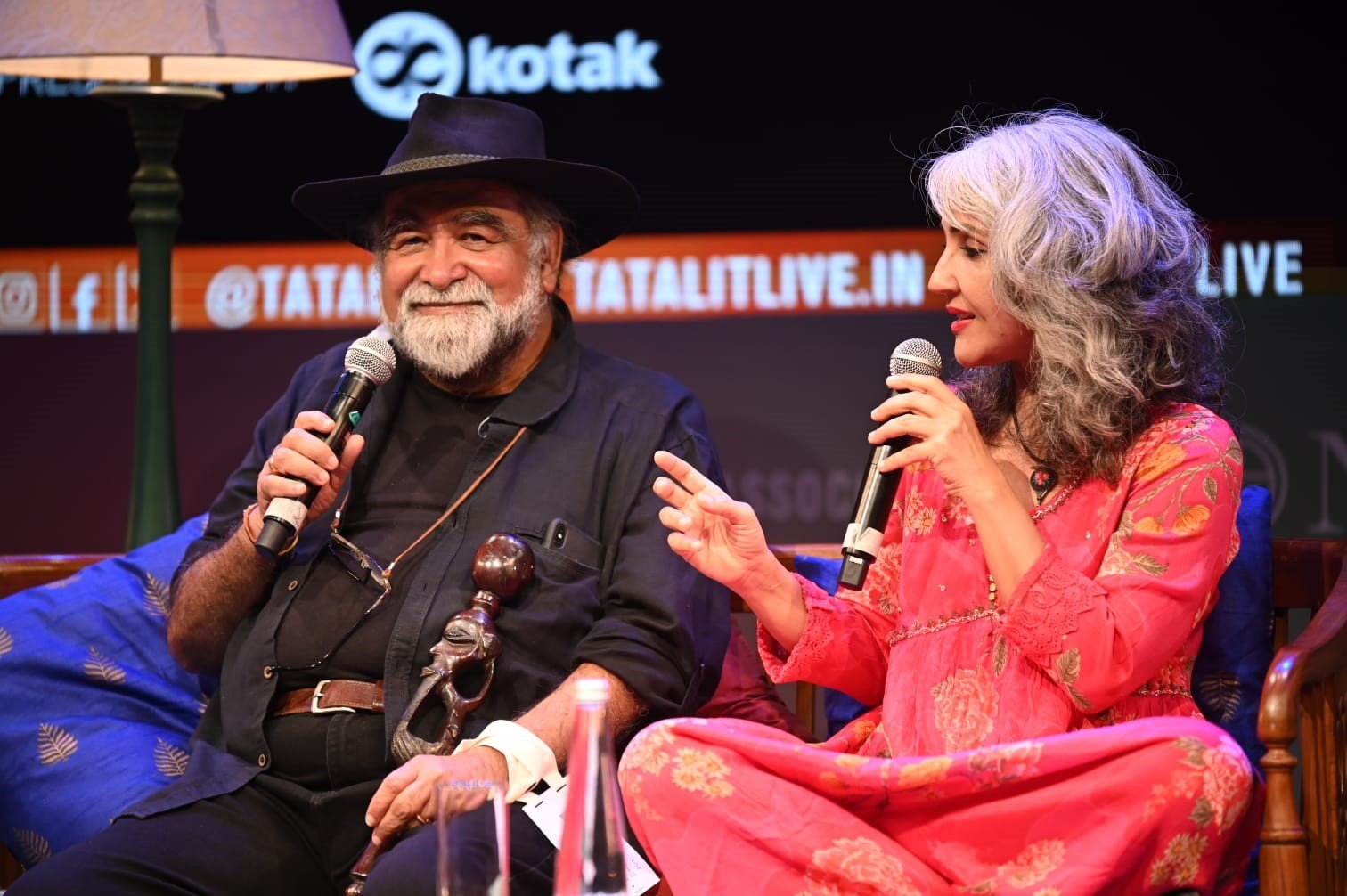
You can throw me in any part of the world, in any situation, and I’ll find a comfort zone. Because that’s what I’ve learnt from my experiences in nature. Like scuba diving – it taught me how to be self-contained. And how to breathe. If you are one with the power that you know is superior, then you become a part of that power. That power also becomes you.
Do you manage to find this sense of stillness in work? Say, on a chaotic film set?
I’m famous for reading a book on a film set. I would set the shot, communicate my vision to my team, and then pick up a book. While they were frantically working around on set, I would read. People would think that my reading a book was me being uninterested. But it actually helped me stay focused. A good director is someone who can communicate their vision. If you’re a bad director and you can’t communicate, you’ll have everyone running around like headless chickens, including yourself. And once you set your frame right, half your story is already told.
Do you have a filmmaking technique?
All filmmakers are intuitive – except the bad ones. There are things you need to learn like angles, lights and camera techniques, but other than that, it is all intuitive.
Sometimes you are handed a script and the writer hasn’t been able to communicate the message emotionally. But as the director of the film, you are its author. You have to be able to communicate the essence of the script through the film.
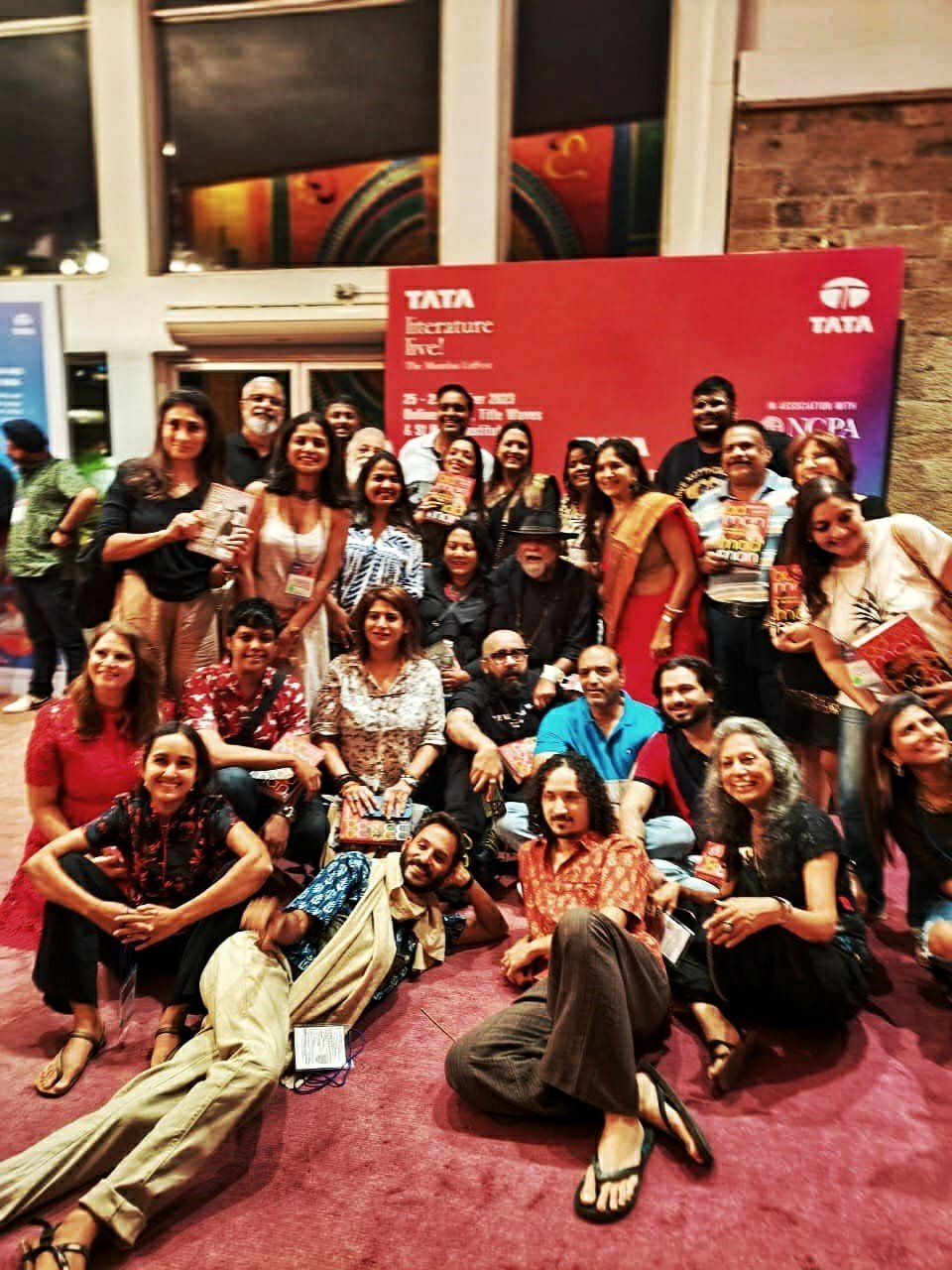
Advertising is about creating memorability. And for that, you have to appeal to people’s hearts. Once the heart is hooked, the brain follows. So your film has to appeal to people’s emotions, and often, as the director, you have to take your own calls.
Is creating memorable advertising more difficult today than it was 20 years ago?
It’s not more difficult. But the problem is that the ‘suits’ have taken over. The suits only understand the numbers of ROI and bottom lines. They don’t understand 36-24-36! That’s something only the creatives understand. A filmmaker cannot be reduced to a supplier.
When you look at ads, communication, media… Pavlovian methodologies are always the basis of everything. We are all conditioned to respond depending on the way we’ve been brought up. Now if you grew up on cartoons or if you grew up on stories of courage and valour, it greatly influences your sensibilities. And today’s filmmakers have grown up on cartoons.
What distinguishes a good film from a bad one?
Good films become poetry. And great films become great poetry. But bad films remain narratives. The difference between a good ad film and a great ad film is the attention to detail it has. God lies in the details. How long do you need to stare at a Rembrandt painting before you get bored of it? Forever. Because his paintings are luminous. Even if you put them in the corner of a room, they light up the room. That’s the kind of detail that has been put into it.

As a storyteller, when somebody is important to me – I’m not me. I’m a ball of tentacles that will reach out and touch, to figure out exactly how they are. I modulate my narration to appeal to their senses. Understand what interests them, what excites them, and steer clear of the things I know will trigger them. I may take it right to the edge of discomfort, but I never cross it.
What are your life’s biggest pleasures?
I’m a very tactile person – touchy-feely, smell, taste, colours – I like scripts that allow you the possibility to explore your sensibilities. I grew up on stories and fantasy. I was always very physical in my approach to life.
Like when I was a skinny, scrawny kid who took up boxing, people were left surprised. But the adrenaline I had from that fear gave me the aggression, speed and strength I needed to take on an opponent.
Do you think you work better with fear?
For me, that’s true. Around my navel where all the fear collects, there is a flutter. I walk into a shoot and all my instincts are flaring. The way I live my life is always on the edge of fear. And because my bandwidth for experience is so high, I can make connections from different spaces.
What is your vision for the future?
There are a couple of things on my bucket list. I used to be really possessive of my scripts but not anymore. I know that I don’t have enough time. I want to see the few scripts that I’ve held close to my heart, brought to life. And I would be happy to supervise. I also intend to spend my time with youngsters, teaching them the things I’ve learnt.

I have a hope that this generation will correct all the anomalies of my generation – especially with climate change. There will be nothing to live for, and no way to live, if the water and forests and animals die. Whatever this generation does, they have to plunge into reversing the damage done to the planet.



